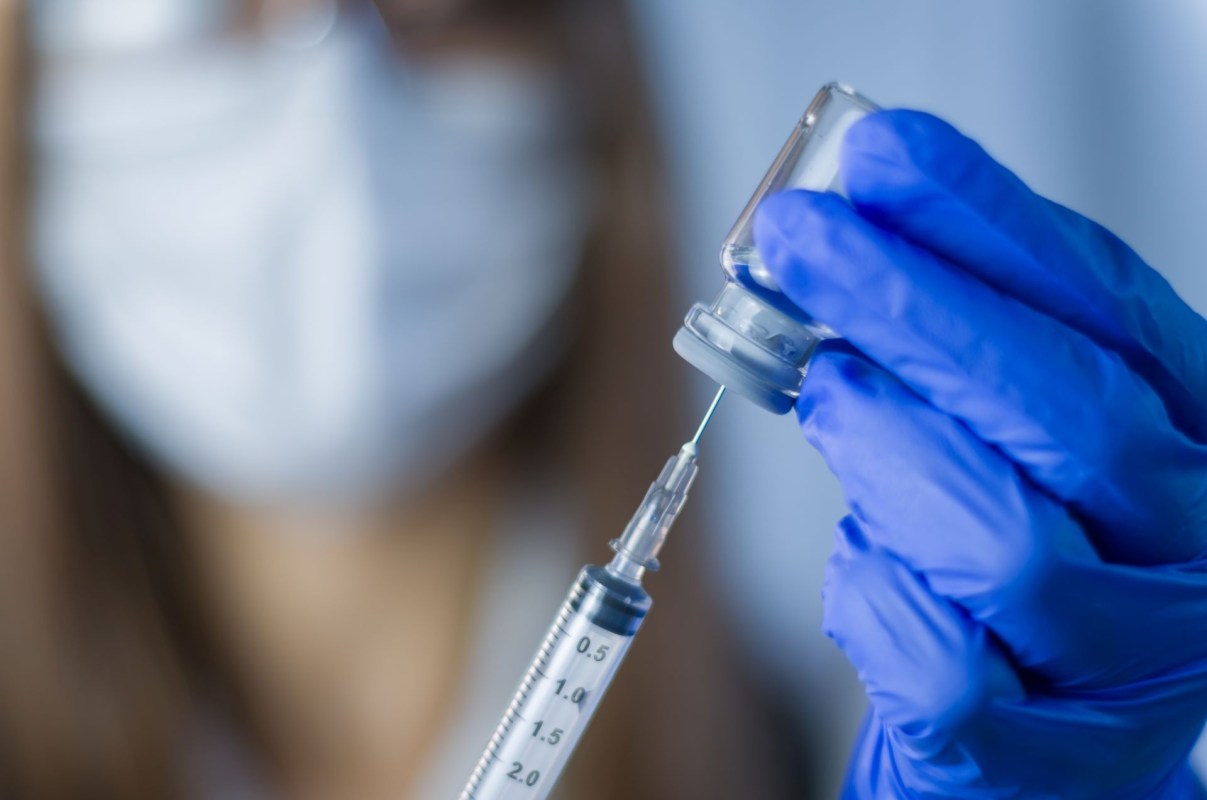According to a new report from the United Nations Environment Programme, warmer temperatures around the globe are increasing the development of "superbugs": microbes that can't be killed by the methods normally used to treat them.
What's happening?
Germs such as bacteria, viruses, and fungi that develop a defense against medicines and disinfectants (antimicrobials) have antimicrobial resistance (AMR).
When microbes encounter an antimicrobial chemical, only the toughest ones survive it. Those survivors then reproduce and pass on their tougher genes to the next generation, so germs keep getting harder to kill.
Today, the U.S. Centers for Disease Control and Prevention says that AMR kills over 35,000 people in the U.S. each year. The U.N. report says the worldwide number is about five million deaths yearly — and could reach 10 million by 2050.
Originally, experts believed AMR was mostly caused by the overuse and misuse of antimicrobials, which are widespread in food production and medicine. While this is still a major factor in AMR, the U.N. report reveals another cause.
CNN reports that Dr. David Graham, a Newcastle University professor and co-author of the U.N. report, names rising temperatures around the world as a contributor.
"As we get a more extreme climate, especially as it warms, the gradients that drive the evolution of resistance will actually accelerate," he explains. "So, by curbing temperature rises and reducing the extremity of events, we can actually then fundamentally curb the probability of evolving new resistance."
In other words, to slow down superbugs, we need to stop the world from getting hotter.
Why are superbugs concerning?
Right now, modern medicine relies on antimicrobials to prevent and treat infections. If these treatments stop working, the U.N. report says that more people will die from diseases and infections that used to be treatable.
The animals and plants we rely on for food could also be affected by stronger germs.
"The impacts of antimicrobial resistance could destroy our health and food systems," says Inger Andersen, executive director of the U.N. Environment Programme.
What is being done about superbugs?
The CDC recommends that medical providers, vets, and food producers take care of how they use antimicrobials.
Using antimicrobials only for the specific infections they're designed to treat and following treatment guidelines correctly helps prevent superbugs from developing.
Cooling down our planet will also help. In 2015, 196 countries created a treaty called the Paris Agreement designed to stop the world from overheating by reducing the amount of heat-trapping gases each country produces.
To do this, countries are changing to clean, affordable energy sources like wind and solar power, and many are changing their manufacturing and construction processes to be more eco-friendly.
Join our free newsletter for cool news and cool tips that make it easy to help yourself while helping the planet.









